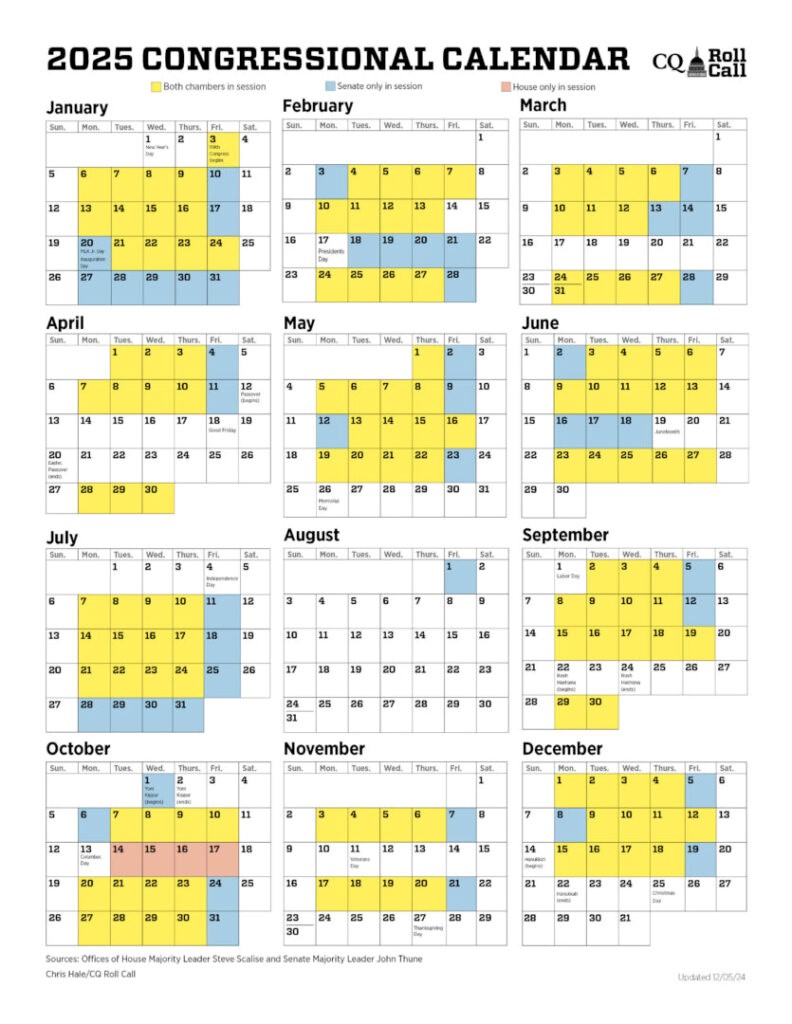
Good afternoon,
The goal of this email is to provide a regular source of useful information to staff and faculty of the University of Missouri System regarding the federal government and higher education. We have put together a list of news articles that will keep you informed of the actions taken by the executive, legislative, and judicial branch of government. These articles are meant to be informative and are not a reflection of the views or stance of the system regarding these issues.
If you would like more information regarding any of the stories we share, or if you have any suggestions, please feel free to contact Dusty Schnieders schniedersd@umsystem.edu and/or Emily Lucas el59bz@umsystem.edu.
Follow UM Government Relations on Twitter: @UMGovRelations
Federal Update
FY25 National Defense Authorization Act (NDAA):
The House and Senate Armed Services Committees (HASC and SASC) have released the negotiated language for the FY25 National Defense Authorization Act (NDAA), which they aim to pass before Christmas. Notably, the bill includes a 5-year geospatial workforce development program, which supports UMSL’s ongoing efforts in this critical field. The bill authorizes a total of $883.7 billion in spending, allocating $849.9 billion for Department of Defense programs and $33.3 billion for national security initiatives at the Department of Energy and the Defense Nuclear Facilities Safety Board.
Government Funding – CR to expire December 20, 2024
Congress faces a deadline of December 20 to avoid a partial government shutdown. Lawmakers are currently negotiating the end date for a stopgap spending bill and the funding amount for a disaster-relief package to be included in the bill. While discussions are still ongoing and no final agreements have been reached, Senate Majority Leader Chuck Schumer (D-NY) indicated yesterday that he expects the stopgap measure to extend until mid-March.
House
The House Steering Committee convened this week to finalize committee chairs, solidifying key leadership roles for the 118th Congress.
The Steering Committee also assigned members to the coveted "A" committees: Financial Services, Energy and Commerce, Ways and Means, and Appropriations. Congressman Mark Alford (MO-4) has been selected to serve on the Appropriations Committee, a significant milestone for Missouri, which hasn’t had a House appropriator since 2013!
Many believed Congresswoman Ann Wagner would become the next Chair of the House Foreign Affairs Committee. While Steve Scalise delivered a strong endorsement, Speaker Mike Johnson remained neutral, refraining from publicly supporting her. This neutrality was interpreted as a lack of support, leading to Rep. Brian Mast of Florida being named Chair instead.
The House Republican Steering Committee has chosen Michigan Rep. Tim Walberg to chair the Committee on Education and the Workforce in the next Congress. With 16 years on the committee and a background in Christian education, Walberg plans to prioritize campus antisemitism, parental rights, workforce development, and student privacy concerns. He also supports expanding federal support for alternatives to traditional college pathways. Walberg is set to succeed Rep. Virginia Foxx (R-NC) in January, pending full House GOP Conference approval.
Committee Chairs:
- Agriculture: Rep. Glenn Thompson (R-PA)
- Appropriations: Rep. Tom Cole (R-OK)
- Armed Services: Rep. Mike Rogers (R-AL)
- Budget: Rep. Jodey Arrington (R-TX)
- Education and Workforce: Rep. Lisa McClain (R-MI)
- Energy and Commerce: Rep. Brett Guthrie (R-KY)
- Financial Services: Rep. French Hill (R-AR)
- Foreign Affairs: Rep. Brian Mast (R-FL)
- Homeland Security: Rep. Mark Green (R-TN)
- Judiciary: Rep. Jim Jordan (R-OH)
- Natural Resources: Rep. Bruce Westerman (R-AR)
- Oversight and Accountability: Rep. James Comer (R-KY)
- Science, Space, and Technology: Rep. Brian Babin (R-TX)
- Small Business: Rep. Roger Williams (R-TX)
- Transportation and Infrastructure: Rep. Sam Graves (R-MO)
- Veterans Affairs: Rep. Mike Bost (R-IL)
- Ways and Means: Rep. Jason Smith (R-MO)
Capitol Hill
US Defense Bill Includes Major Focus on Tech, AI and Cyber
Gov Info Security – December 11, 2024
The annual U.S. defense authorization bill, poised to become law after House and Senate negotiators reached a compromise, authorizes $895 billion in national security spending, primarily for the Department of Defense. It allocates $143.8 billion for science and technology, including provisions to guide the Pentagon’s use of artificial intelligence (AI) in critical missions. The bill funds efforts to remove Chinese equipment from U.S. networks, mandates new cybersecurity standards, and establishes pilot programs to advance AI, including initiatives for biotechnological security applications and AI-driven software for defense manufacturing. It also directs the Pentagon to develop AI policies for nuclear weapons systems and create a biotechnology roadmap, while accelerating the DARPA Quantum Benchmarking Initiative. These investments come at a pivotal moment for U.S. technological advancement.
2025 Congressional Calendar
Tentative 2025 congressional calendar, subject to change.

Reviewed 2025-02-14